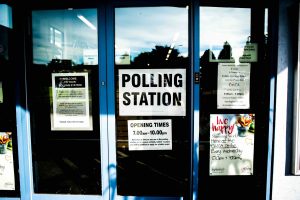 In the legal world, few matters are as controversial as those that allow confiscation and forfeiture by the police. It is something that has dramatically polarized the two sides. It is rare that you will find someone who is neither truly “for” nor truly “against” these laws. Those who are in favor of the police departments being legally allowed to confiscate goods and money hold that law enforcement is taking away the proceeds of criminal enterprises. Staunch advocates, however, state that the police are nothing but thieves with badges who are taking the property of citizens without trials or due process. This issue is a complex one, to say the least.
In the legal world, few matters are as controversial as those that allow confiscation and forfeiture by the police. It is something that has dramatically polarized the two sides. It is rare that you will find someone who is neither truly “for” nor truly “against” these laws. Those who are in favor of the police departments being legally allowed to confiscate goods and money hold that law enforcement is taking away the proceeds of criminal enterprises. Staunch advocates, however, state that the police are nothing but thieves with badges who are taking the property of citizens without trials or due process. This issue is a complex one, to say the least.
Policing for Profit
To understand the law in Chicago, one must first understand what civil forfeiture and confiscation means and how it would apply to the person being affected by it. The standard rule of law used in Chicago dictates that police may confiscate property, including money, that meets certain criteria. These criteria are simple and, to some, are far too broad: Law enforcement officers have to believe that the property was used in a crime, is intended to be used in a crime, or has been obtained in connection with a crime. As you can see, this is a straightforward, if broad, list.
 Chicago PD will begin using Clearview, a controversial facial recognition software used by the FBI to identify suspects. The controversy surrounding the software is similar to the controversy surrounding law enforcement in general. In other words, it is racist. It also involves another well-established controversy: It is a violation of privacy.
Chicago PD will begin using Clearview, a controversial facial recognition software used by the FBI to identify suspects. The controversy surrounding the software is similar to the controversy surrounding law enforcement in general. In other words, it is racist. It also involves another well-established controversy: It is a violation of privacy. Chicago Criminal Lawyer Blog
Chicago Criminal Lawyer Blog










